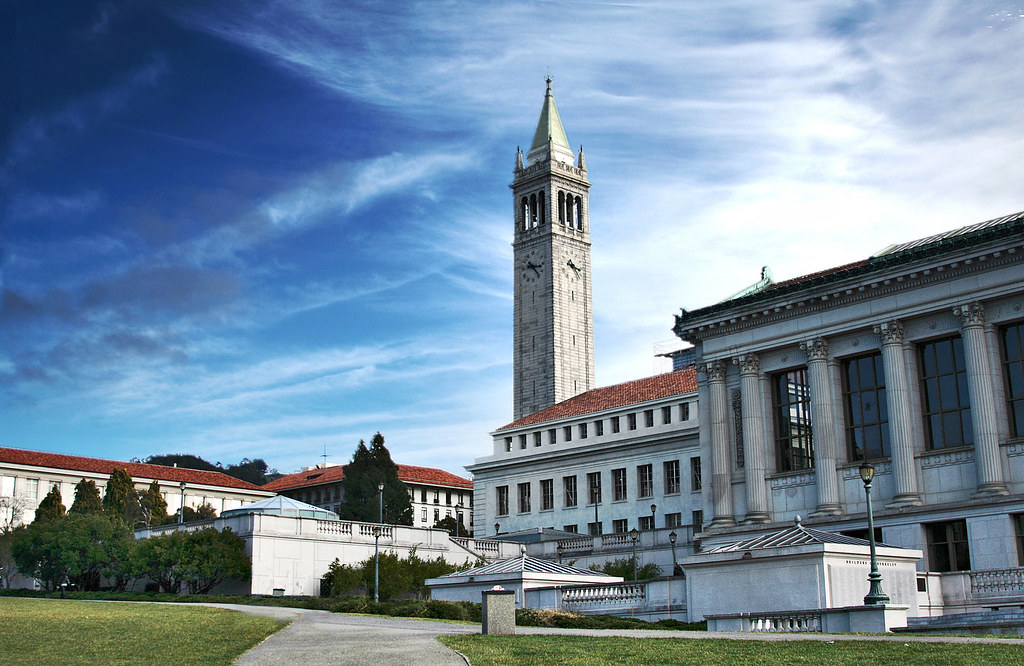CRISPR scientists are teaming up with a pharma giant to look for new drug clues

GlaxoSmithKline will pour $67 million into a new laboratory at the University of California to industrialize the search for drug clues using the gene-editing tool CRISPR.
Looking at gene function: CRISPR, you’ve heard by now, is the name for a type of molecular scissors that slices and edits DNA. The tool has led to a procession of gene-modified plants, animals, even human babies. Now Glaxo is spending money on a different use of CRISPR that’s less talked about, but maybe more important. The idea is to use it on cells growing in the lab, tweaking all 20,000 or so human genes (alone and in every possible combination) and watching what happens with tools that let scientists peer into individual cells. Are there special combinations that kill cancer? Any that explain why some people don’t get ill, despite a serious gene defect?
The center intends to carry these novel CRISPR screens forward to an industrial scale. Hal Barron, chief scientist at Glaxo, says a single experiment can generate 400 million data points. Machine-learning software will be needed to make sense of the information, and so will clues from large biobanks containing people’s health records.
Who is in charge?: That could become a prickly question. The new center has the backing of CRISPR experts Jennifer Doudna of UC Berkeley and Jonathan Weissman of UC San Francisco, with 24 university employees and 14 from the company. But Glaxo will pay the tab, so it will have a say in what research is done and the option to license patents on discoveries or new technologies.
Glaxo called the deal structure unique. In reality, though, drug industry efforts to get academia to perform its R&D are commonplace and sometimes problematic. A similar deal in 1998 between Berkeley and Novartis caused an uproar. The University of California campuses did not provide a copy of their contract with Glaxo.
“This will be fascinating to watch,” says Bob Berring, an emeritus professor of law at Berkeley. He points out that the deal was inked amid budget problems for the university and following a dispute over CRISPR patents between Berkeley and MIT. “The idea will be to make beaucoup dollars,” says Berring. “There will be questions about the impact that something like this has on questions like faculty equity and the direction of research."
Deep Dive
Biotechnology and health
How scientists traced a mysterious covid case back to six toilets
When wastewater surveillance turns into a hunt for a single infected individual, the ethics get tricky.
An AI-driven “factory of drugs” claims to have hit a big milestone
Insilico is part of a wave of companies betting on AI as the "next amazing revolution" in biology
The quest to legitimize longevity medicine
Longevity clinics offer a mix of services that largely cater to the wealthy. Now there’s a push to establish their work as a credible medical field.
There is a new most expensive drug in the world. Price tag: $4.25 million
But will the latest gene therapy suffer the curse of the costliest drug?
Stay connected
Get the latest updates from
MIT Technology Review
Discover special offers, top stories, upcoming events, and more.